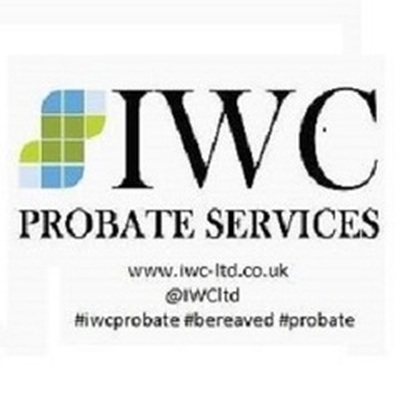-
 Find in Members
Find in Members Find in Videos
Find in Videos Find in Channels
Find in Channels
This website uses cookies to ensure you get the best experience on our website.
To learn more about our privacy policy Click herePrivacy Preference
- Tags - #valuing shares for probate
-
- Last updated March 2, 2023 0 comments, 173 views, 0 likes
- Airport House, Purley Way, Croydon CR0 0XZ, UK - Get Directions
More from Peter John
More in Politics
Related Blogs
Archives
How to Determine Value Shares For Probate
Body

After someone goes away, their estate must be gathered, handled, and given to its beneficiaries. All of the estate's assets must be listed, together with their respective values, according to the executor of the estate. A range of various assets will be present in an estate. An individual will typically own real estate, bank accounts, and stocks. The executor will need to get asset assessments if the estate must go through probate. This is done in order to provide accurate data.
Determining the shares that the deceased held
The executor should begin by gathering the stock certificates when valuing shares for probate. The deceased may have kept these in a few different locations. Certificates could have been stored at home with other financial or personal documents. As an alternative, share certificates could be kept by the owner's bank, accountant, or investment management firm. Make a list of the number of firms for which shares are available and the number of shares with each company.
Sort the shares the deceased owned according to type as well. Listed shares, unit trusts, etc. are a few examples. It could be necessary to value various investment kinds using various methodologies.
You will have a clearer idea of what has to be valued once you have a list of the deceased's shareholdings. Share management can be very challenging. It can take a lot of time to manage them, especially if the deceased had numerous shares.
Listed Shares' Value
A share in a corporation that may be bought and sold on a specific stock exchange is referred to as a listed share. The share's closing price on the day of the deceased person's death will be the value used in the computations.
Photos
Map
-
Locations on MyWorldGo
Location Information
- Location: Airport House, Purley Way, Croydon CR0 0XZ, UK - Get Directions
- Formatted Address: Airport House, 265 Purley Way, Croydon CR0 0XZ, UK
- Street Address: 265,Purley Way,Croydon
- City: Greater London
- Zipcode: CR0 0XZ
- State: England
- Country: United Kingdom









Comments